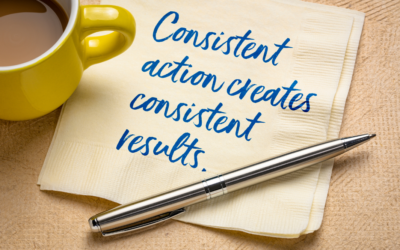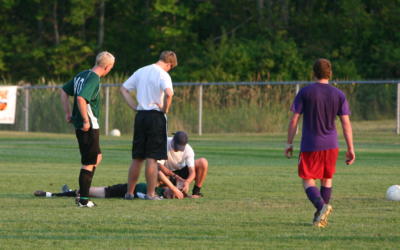Be a contributor to our blog.
Consistency is Key
Consistency can be represented by your daily routine, the things you do that make you feel as if you’re succeeding, satisfied, and stable in your life. Consistency for me, as with many others, is one of the most important factors in achieving set goals.
Best practices in addressing symptoms after a concussion
I sit across from a young woman who has been struggling for months. She is frustrated and tears up as she explains how she feels lost, helpless and has received little guidance on how to get better. She’s been told to sit in a dark room, not exercise and “rest”. When her symptoms don’t get any better, she’s told to rest more and the cycle repeats itself.
Opinion: Are Anatomical Asymmetries Significant?
To a client, they’re concerned that they’re “out of alignment”, the focus of which often results in hypervigliant behaviour around movement/exercise and could become a newly-developed nocebo-like strategy. Are asymmetries clinically-relevant?
Navigating the Vulnerability of Major Career Change
Eight years ago I would have rated my job satisfaction as low, perhaps nonexistent. Now that I reflect on my second career as a Registered Massage Therapist with five years of practice under her belt, I can say the opposite and have a few thoughts on overcoming the upheaval and stress involved in changing careers.
The Parallels Between Dog Training and Rehabilitation
If you’ve worked with people in an exercise setting for any period of time, you’ve either knowingly or unknowingly been working in the field of skill acquisition. Webster’s Dictionary defines a “skill” as “a learned power of doing something competently: a developed aptitude or ability”. I’ve been thinking to myself lately, what exactly is “competence” as it concerns skill acquisition? In the past, I would have preferred a rigid definition, but I’m in a place in my career where a softer version makes more sense.
From Excitement to Overwhelm: Building Your Own Business
Picture this, you step off the stage at graduation, ready to take on a new career (along with whatever else the world throws at you). You go home feeling charged and ready for the incoming challenge. Personally, I found the transition terrifying.
Preventing Compassion Fatigue in Caregiving Professions
If you ask someone in a caregiving profession why they chose their field, you’ll often hear them say in response that they want to help others. Working with people that require care on a near-daily basis can be predictably challenging at times, particularly if the caregiver is struggling to maintain a sense of harmony between the various aspects of their own lives. Left unchecked, this consistent disharmony can lead to compassion fatigue.
The Autonomic Nervous System’s Role in Corrective Movement Strategies
A sympathetic nervous system response happens when a person is under a real or perceived threat; the autonomic nervous system mobilizes cellular resources necessary to engage a fight or flight response. An inefficient movement strategy (meaning biomechanics, the way we move our bodies) can be perceived as a challenge to the nervous system, resulting in a real or perceived threat which can create a heightened sympathetic drive (Kobesova et al., 2020).
The Impact of Sleep on Concussion Recovery
For as long as I can remember I have always needed a lot of sleep. If my sleep is disrupted, it affects the rest of my day. When looking a determinants of health, recovery, and stress management, sleep always seems to be in the conversation. Concussions are no different.
Massage Therapy for People with Carpal Tunnel Syndrome
Carpal tunnel syndrome is a condition characterized by tingling, numbness and pain in the hand and fingers (particularly the thumb, index, middle and ring fingers). These symptoms are often the result of median nerve irritation in the wrist or forearm. Systematic reviews have also shown that manual therapy combined with multimodal care can improve symptoms, decrease disability, and improve function for patients who suffer from carpal tunnel syndrome (Huisstede et al., 2018).
Contact Us
Want to book an appointment or have a question? Fill out the form below.










